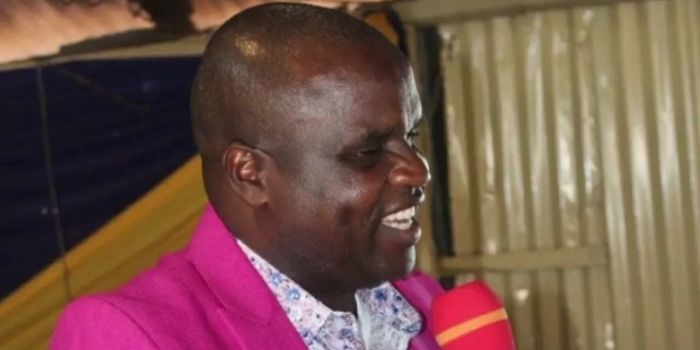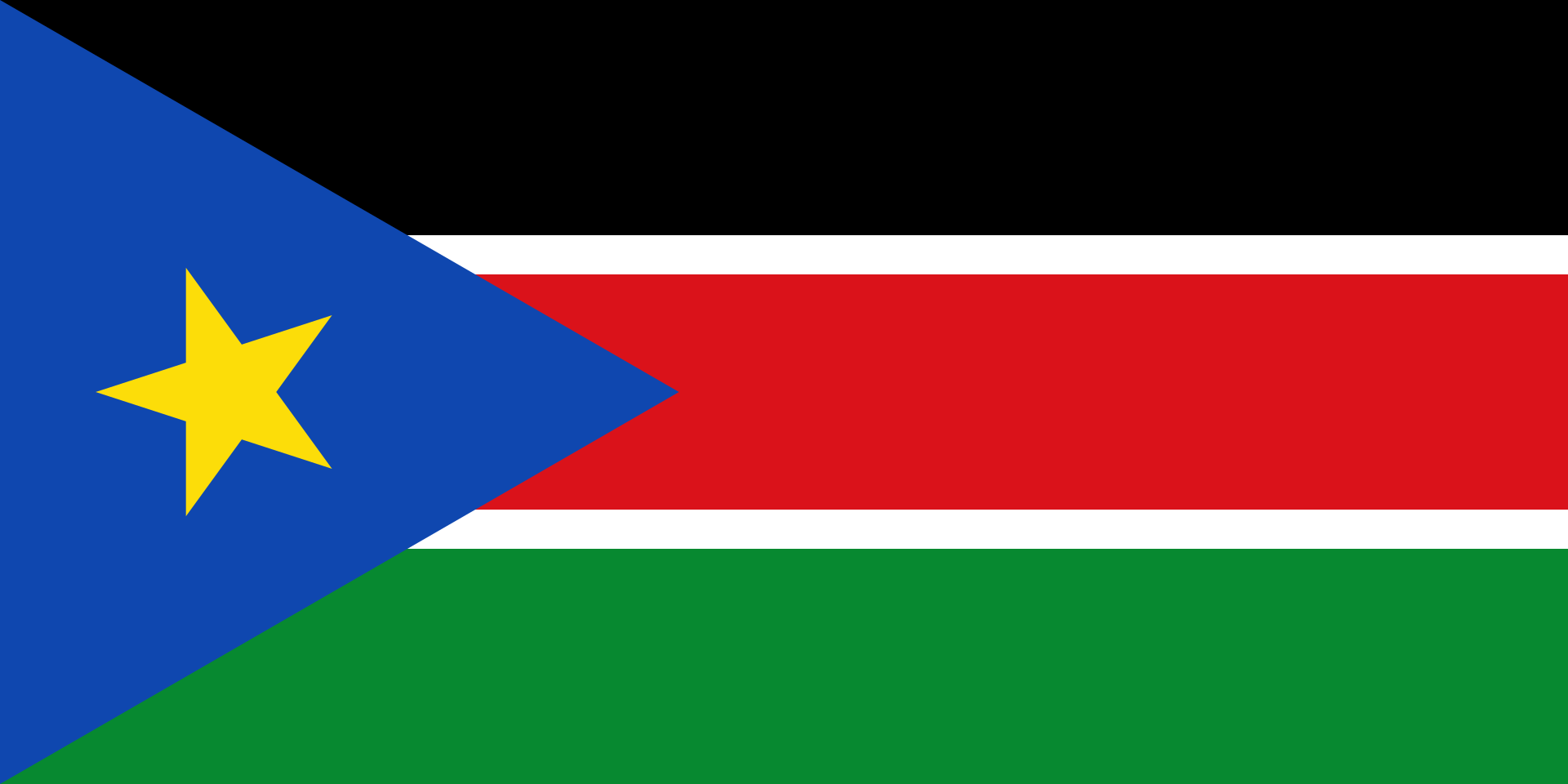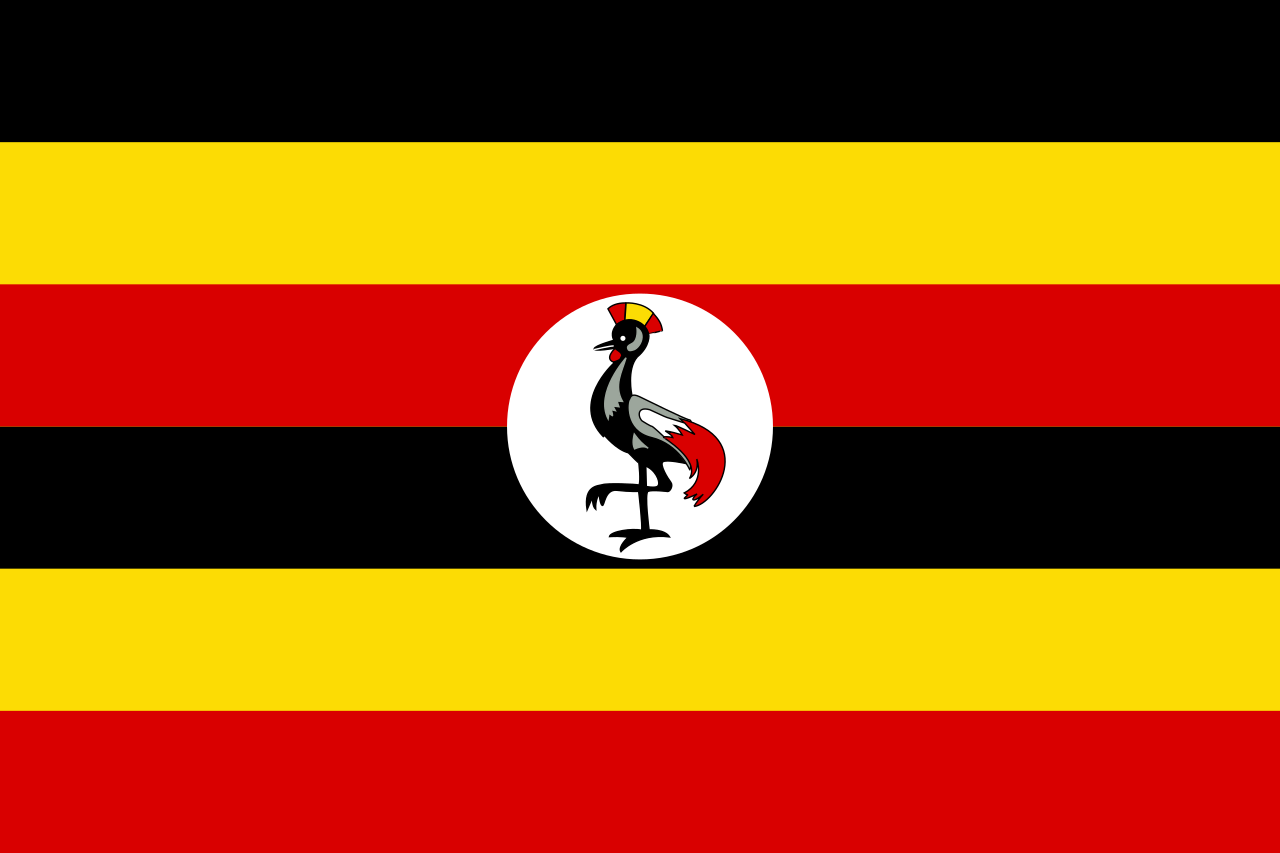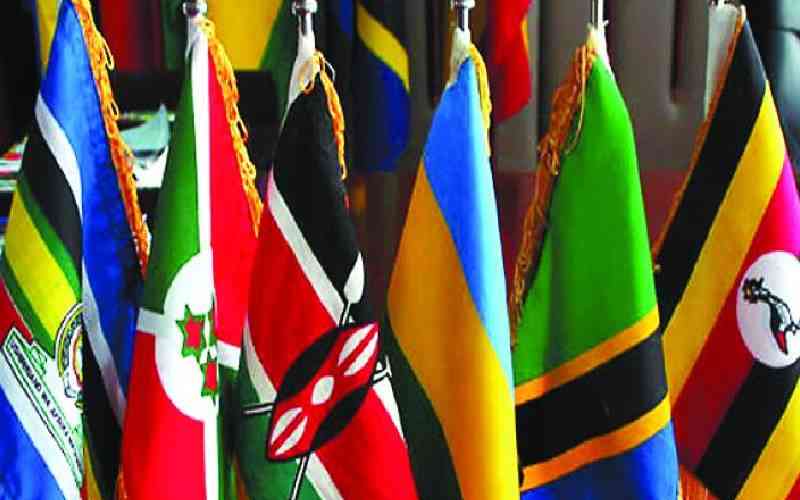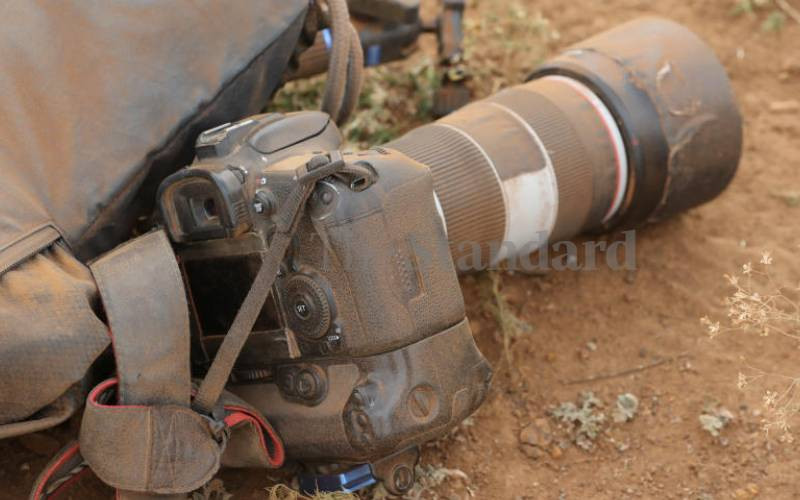Chiefs in the Abyei Administrative Area have been briefed on the recent presidential orders issues by President Salva Kiir Mayardit.
On Thursday last week, Dr. Chol Deng Alak, Abyei Special Administrative Area's Chief Administrator briefed local chiefs on the orders.
He said President Kiir’s orders aim to promptly cease the hostilities and conflict between the Ngok Dinka Community of Abyei area and Twic Mayardit Community of Warrap State’s Twic County.
He said the order also directed the immediate ban on all armed militia forces in Abyei box.
Bulabek Deng Kuol, Abyei Paramount Chief, told Radio Tamazuj over the weekend that they were brief on how chiefs should help government in campaigning for peace and against the deadly and nearly three years conflict between Ngok Dinka and Twic communities.
"The Abyei chief administrator called us and briefed us on President Kiir’s orders and how they should be implemented. We listened to Dr. Chol Deng Alak on our roles in implementing these orders because chiefs have many roles to play like creating awareness to communities they represent in different villages," he said.
Deng explained that the orders underlined two important points that need the commitment of both chiefs and the government to succeed.
"The orders need everyone's participation so that people can achieve peace and stability in the Abyei area. The order was comprehensive to states of Bahr el Ghazal. The President wants the conflict of Ngok and Twic, Aguok and Kuac, Apuk and Wau plus the greater Tonj to end. However, our briefing only concentrated on Ngok and Twic conflict," he said.
Paramount Chief Deng said that the security in the Abyei box remains a responsibility of the United Nations Interim Special Force in Abyei (UNISFA), adding that the border issue between Abyei and Twic should be left to the national government to resolve it.
He said the order also directs that displaced people return to their original places, adding that civilians from Nuer, Twic, Aweil and other places that came to Abyei before the conflict could only stay on if they do not stage another conflict in Abyei.
Chief Deng stated that some orders needed state security’s support to be implemented.
"Another order is that any armed group in Abyei territory including the South Sudan’s People’s Defence Forces (SSPDF) must go away from Abyei box and the armed militia hosted by Twic County like forces of general Gai Machiek must go to another state apart from Warrap State. The same to some Nuers staying in Abyei, they should go to Northern Bahr el Ghazal State, Rumbek or Wau," he explained
Bulis Koch, Abyei Information Minister, confirmed the briefing and expects Warrap State Government to do the same to her Twic chiefs and residents in order to end the deadly conflict between conflicting communities.
"The purpose of the briefing is to explain to the chiefs the concept of the presidential orders that aim to end violence between Abyei and Twic communities, so there is no excuse, these orders must be implemented unconditionally. They security sector must take part in their implementation," he said.
Bulis said the orders would be explained to the youth, women and Civil Society Organizations (SCOs) so that everyone in the Abyei area knows the significance of peace and security between Abyei and Twic communities.
“Nobody should be left out and the same thing is expected of Warrap State Government. Governor Kuol Muor should brief his Twic Community about the presidential orders so that peace prevails in Abyei and Twic," Minister Koch said. - j



